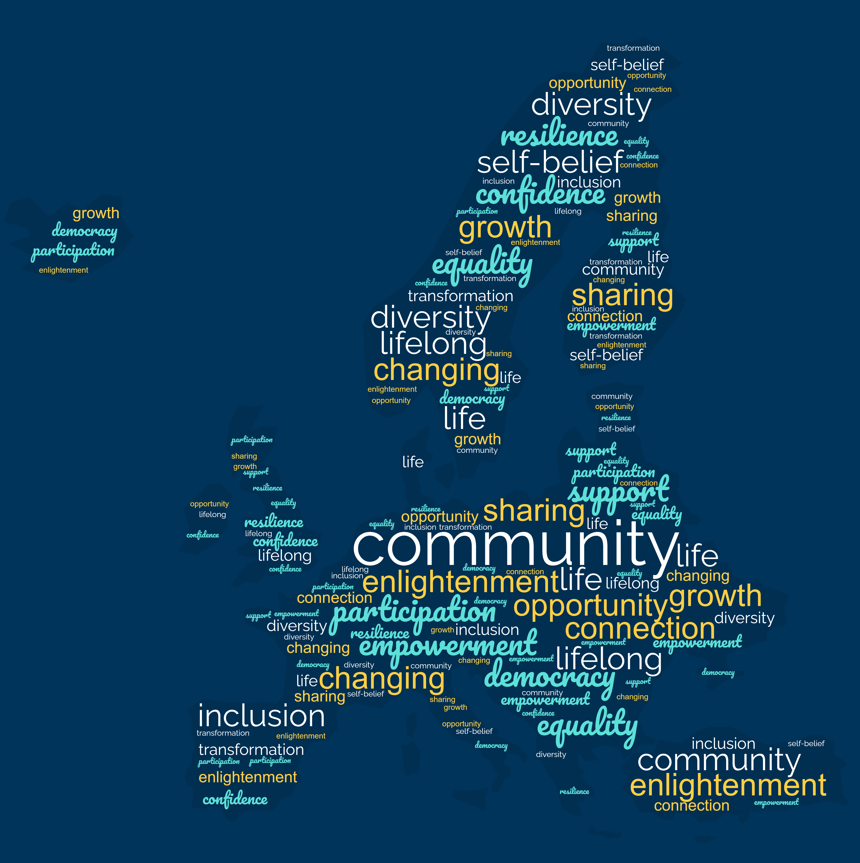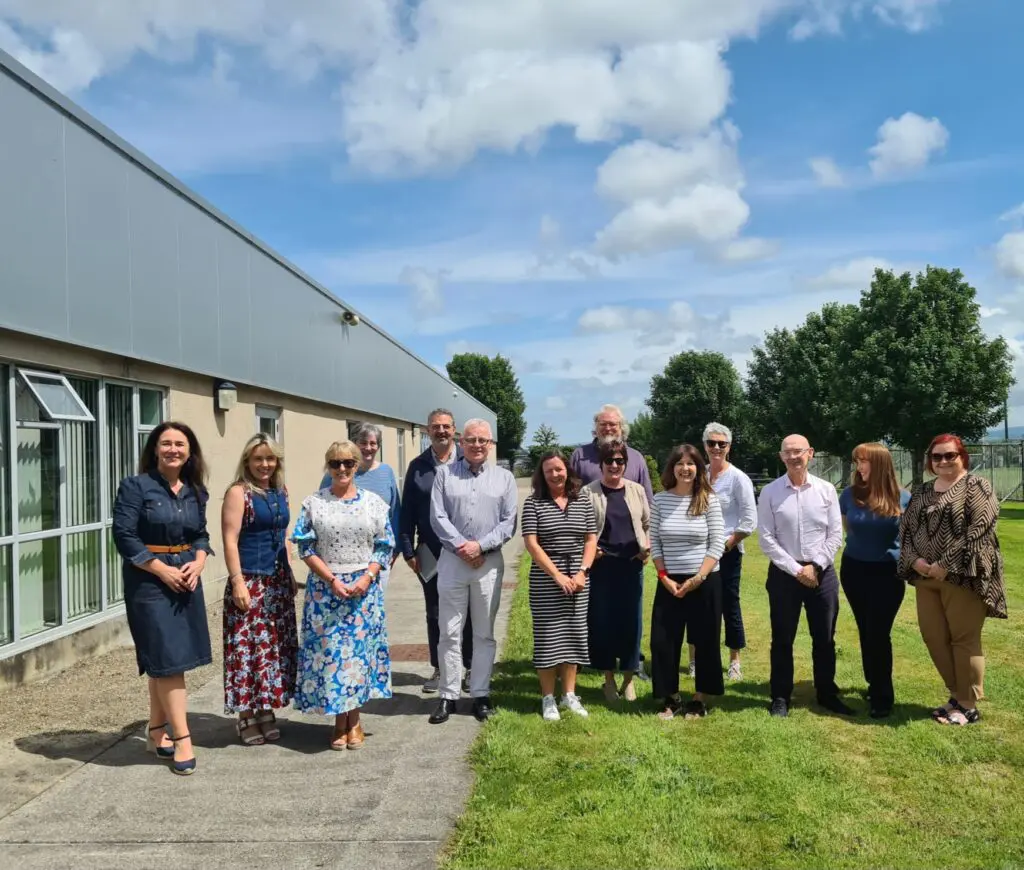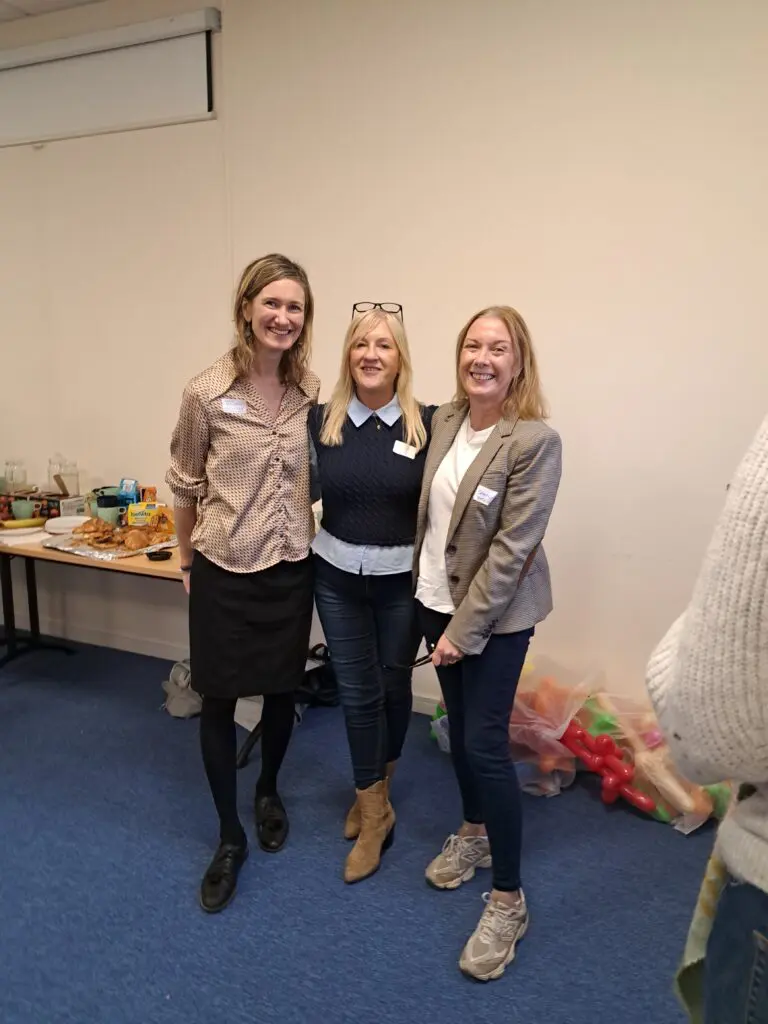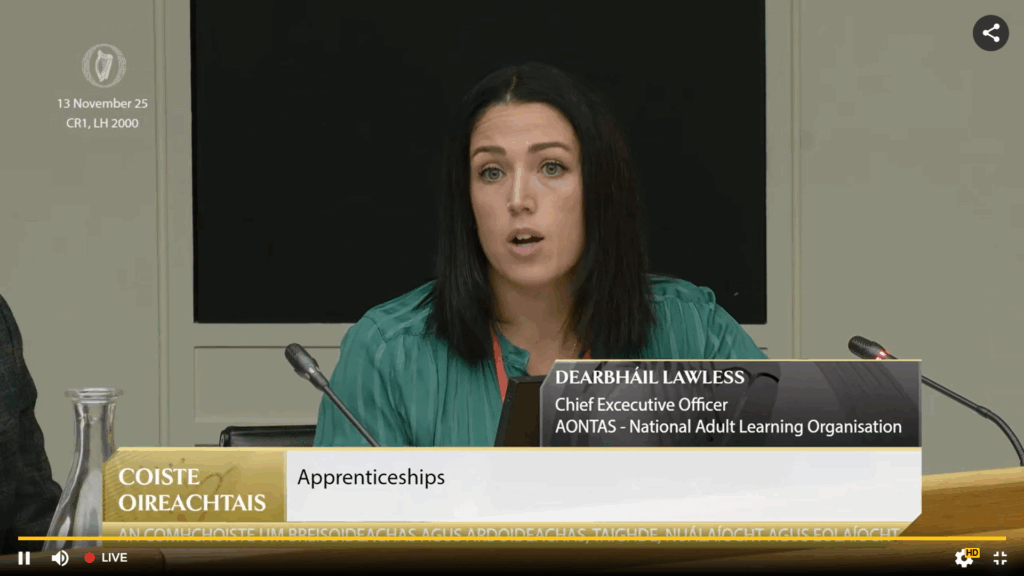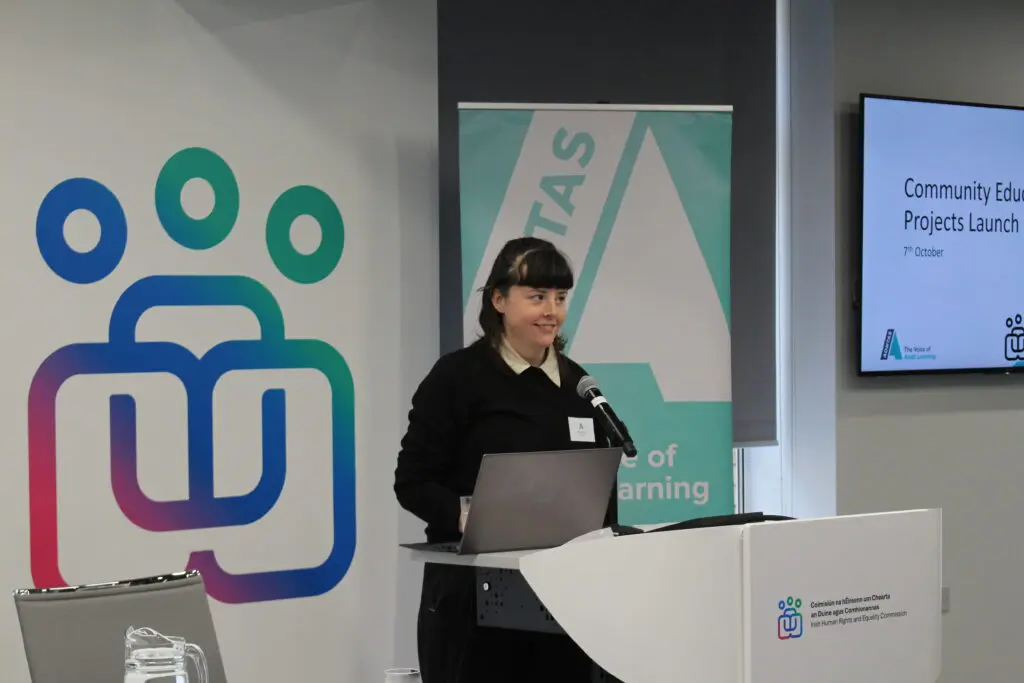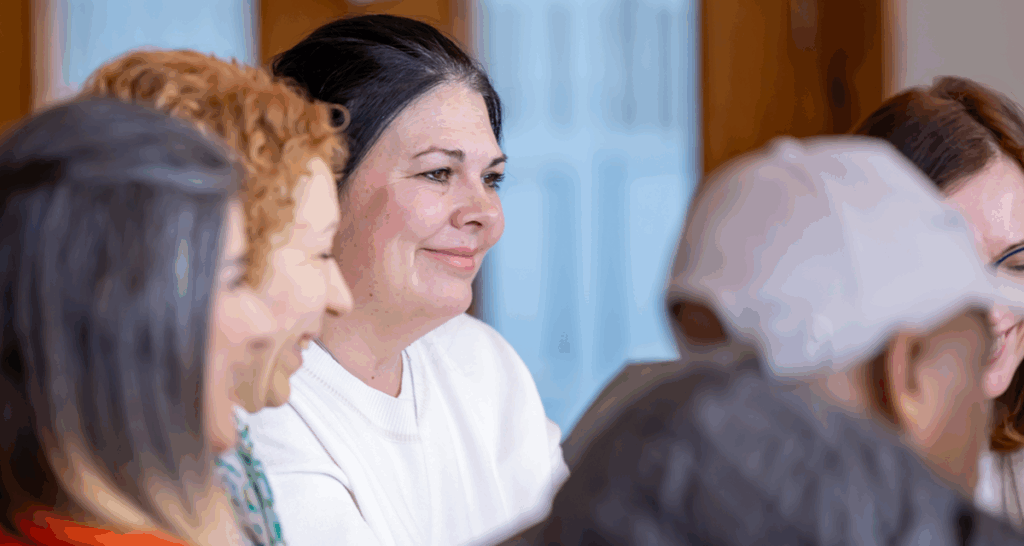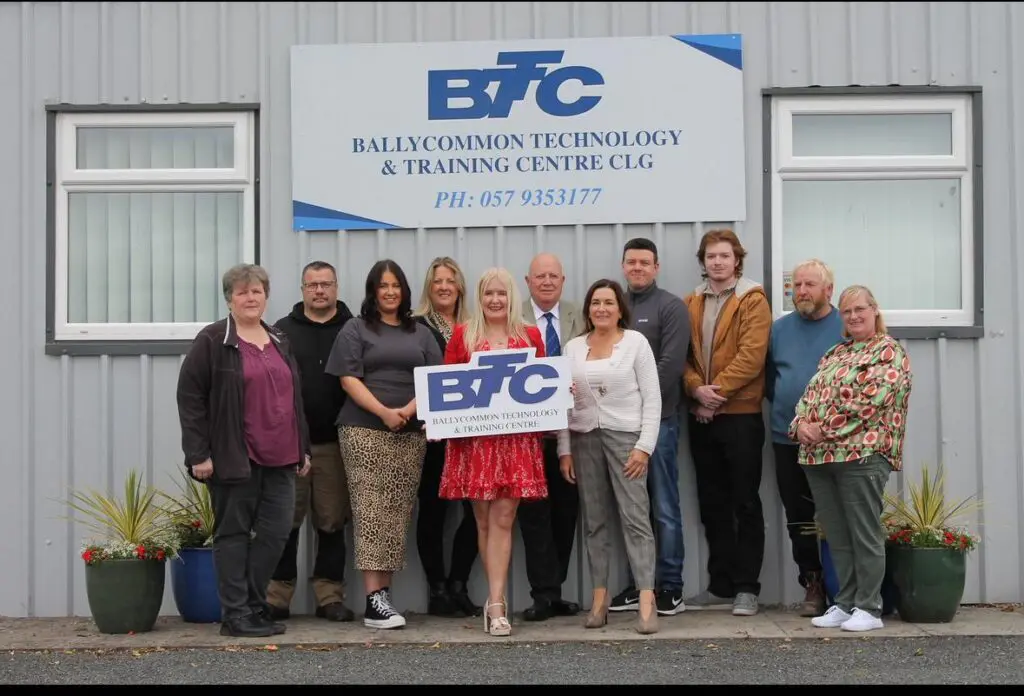The final section of the paper is a collection of participatory processes in the partner countries, as well as other countries of the European Union.
We shared best-practice examples. The variety of cases gathered was fascinating. For instance, we reported on the impact that the See Her Elected (SHE) project from Longford Women’s Link is having across the country. SHE empowers women in Ireland to consider standing for election. Our Greek colleague, Angeliki, told us about Vouli Watch, an anti-corruption watchdog based in Athens. We also heard about the Austrian Youth Parliament, student ‘Republics’ in Coimbra and the Open Government of Palermo.
Workshops with Learners
As well as research, we ran a series of workshops, classes, walks and lecturers with adult learners across Europe. We designed participative learning activities that worked with adult learners to get involved in local politics beyond casting a vote. In Ireland, we worked with learner or student councils in Education and Training Boards to support them with identifying the change they want to make and how to make it happen.
In one BEEP Workshop last year, Conor and Karyn from the AONTAS Team headed to Clonmel to give an advocacy and planning workshop with the Tipperary ETB Student Council with the theme “Making Changes”.
22 people joined for the workshop, which looked at identifying two key issues to work on in 2023 and 2024, to make adult learning better and more accessible.
The students – they prefer to be called students rather than learners – identified the issues of Lack of Transport for attending their course or training, and lack of access to Work Experience relevant to their course or training.
Working in small groups, participants decided what changes they want to see happen in relation to these two issues.
They identified the primary decision-makers in the county to work with to make these changes happen for students like themselves. They completed practical worksheets on preparing for a meeting with decision-makers, and they agreed on a series of next steps to make these changes happen.
Guidelines and Recommendations
Following on from the feedback gathered at these workshops, the BEEP Partners created guidelines for educators who want to strengthen democracy through adult education. The BEEP Guidelines reflected on what we learned from running workshops with learners in each partner country, and provides advice and suggestions for practitioners.
As part of the BEEP project activities, the project partners gathered all findings and turned them into policy recommendations with the aim to make basic political education a reality in adult education.
Final Conference: Vienna, 18th March 2024
The results of the project were presented at the final conference on 18 March 2024 at the Volkshochschule (The People’s High School) in Vienna.
The main theme of the event was strengthening political participation through basic education and empowerment in adult education. The speakers offered insights into innovative approaches to promoting civic participation and discussed the role of adult education in this context.
The BEEP Partnership
BEEP is a collaborative, transnational partnership, funded by the European Commsion’s Erasmus+ programme. The project is coordinated by lernraum.wien (Wiener Volkshochschulen). The consortium consists of: lernraum.wien (Austria), Dafni Kek (Greece), Aontas (Ireland), Amar Terra Verde LDA (Portugal) and Arcipelago (Italy).
Visit the BEEP project website for more information.
This project is funded by the European Union through Erasmus+ Adult Education KA220 Cooperation Partnerships. Apply for similar funding in Ireland through Léargas.
